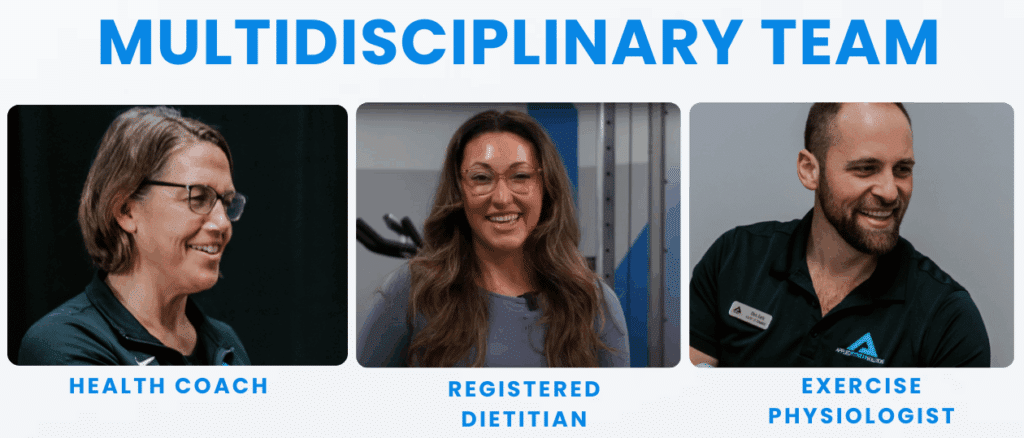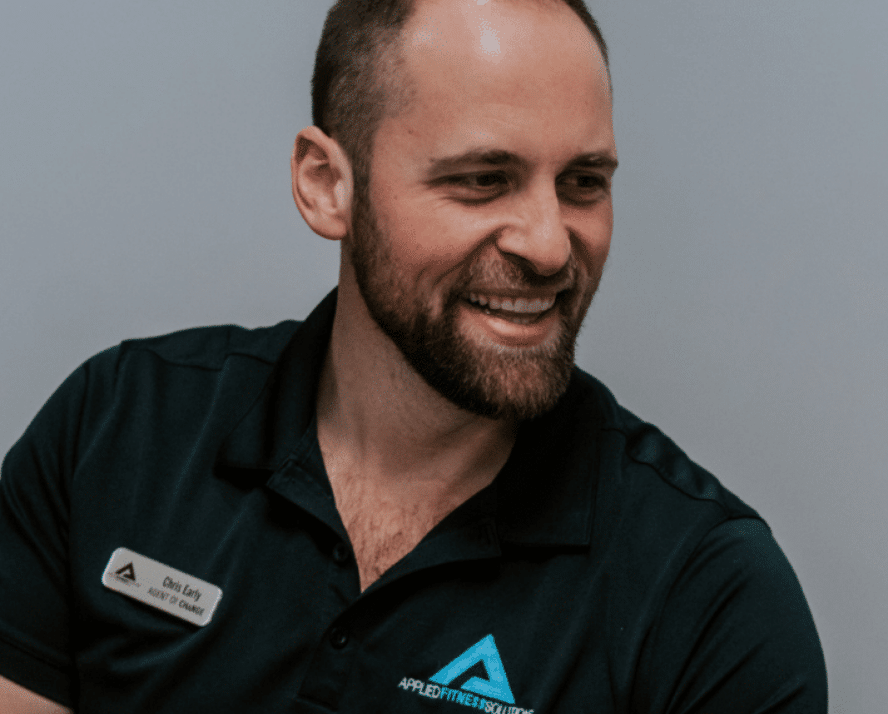The fitness world has a bad habit…it keeps selling you magic beans.
21-day challenges. 30-day detoxes.
Shiny promises of “new you” results that, more often than not, leave you feeling let down, worn out, and right back where you started.
Here’s the truth nobody puts in the ad copy: real, meaningful change takes time. Not weeks, but months. Six of them, at minimum, if you actually want to build something that lasts.
Watch below for the full breakdown
The Real Timeline for Sustainable Health Change
Why do we resist this timeline? As Americans, we’ve been conditioned to expect instant gratification in every aspect of our lives, including our health. When we can order virtually anything online and receive it the next day, the idea of waiting months for fitness results seems unbearable. This cultural impatience is further reinforced by our evolutionary biology, which has wired us to seek immediate rewards. Throughout human history, instant gratification (eating sweet foods, seeking pleasure) helped ensure survival. The irony is that in modern society, most instantly gratifying behaviors—eating processed foods, binge-watching TV instead of sleeping, skipping workouts—actually harm our health rather than help it. The biological reality is that your body requires time to adapt to new stresses and stimuli.
The initial discomfort of exercise such as the burning sensation of lactic acid buildup, the soreness after resistance training, gradually decreases as your body adjusts. Similarly, when making nutritional changes, hormones responsible for hunger and satiety take time to recalibrate. Pushing too hard too quickly, as many short-term programs demand, doesn’t give your physiology adequate time to adapt, leading to burnout, injury, and ultimately abandonment of health goals. What’s particularly troubling about the prevalence of quick-fix solutions is that they set consumers up for failure while simultaneously convincing them that they are the problem. After multiple failed attempts at 30-day transformations, many people internalize a sense of failure: “I’ve tried everything and nothing works for me.” In reality, the approach was flawed from the beginning.
Research consistently shows that successful lifestyle interventions, like the landmark Diabetes Prevention Program (which reduced conversion from pre diabetes to diabetes by 58%), involve extended timelines, typically 12 months or longer.
How a Health Coach, Dietitian, and Exercise Physiologist Change the Game

True health transformation requires more than just time. It demands a multidisciplinary approach. A comprehensive health transformation team should include a Health Coach (the “quarterback” who oversees the process and helps with behavior change), a Registered Dietitian (not merely a “nutritionist”), and a Certified Exercise Physiologist. This team approach allows for tailored interventions that honor individual differences while providing specialized expertise in each domain of health. When life inevitably throws obstacles in your path (illness, work stress, family demands), this team can help you adapt rather than abandon your health journey.
The Three Phases of a Six-Month Transformation
The six-month transformation journey typically unfolds in three phases. The first phase involves careful assessment, goal-setting, and creating a realistic plan that fits your lifestyle. The second phase addresses the inevitable barriers that arise when implementing change, teaching you to problem-solve rather than give up. The final phase focuses on cementing behaviors into your routine and, most importantly, facilitating an identity shift from “someone trying to be healthy” to “a healthy person.” This identity transformation is far more powerful than habit formation alone, as we naturally align our behaviors with our self-concept.
If this sounds different than what you’ve tried before… it’s because it is.
It’s exactly why we built My180: a six-month, team-supported health change program designed for real people with real lives. No magic beans, no hype…just the proven path to lasting change.
Learn more about My180 here.
About the Author:
-

Michael Stack is the founder & CEO of Applied Fitness Solutions and Frontline Fitness Pros. He is a faculty lecturer for the University of Michigan’s School of Kinesiology. He is also the creator and the host of the Wellness Paradox Podcast, produced in conjunction with University of Michigan.
Michael is an exercise physiologist by training and a health entrepreneur, health educator, and fitness industry advocate by trade. He is dedicated to enhancing the standard of practice of, and advocating for, fitness and wellness professionals to ensure they become an essential constituent in the healthcare delivery system.
With a career spanning over three decades in fitness, health, and wellness Michael has a deep knowledge of exercise physiology, health/wellness coaching, lifestyle interventions to mitigate chronic disease and leadership. He is credentialed through the American College of Sports Medicine (ACSM) as an Exercise Physiologist (ACSM-EP), Exercise is Medicine practitioner (ASCM-EIM), and a Physical Activity in Public Health Specialist (ACSM-PAPHS). Michael is a National Strength & Conditioning Association (NSCA) Certified Strength & Conditioning Specialist (CSCS), and a CDC Diabetes Prevention Program (DPP) Lifestyle Coach.
Michael received his undergraduate degree from the University of Michigan’s School of Kinesiology in 2004 and is currently a Master’s of Public Health (MPH) candidate at University of Michigan, with a specific concentration in health behavior and health education.
Michael is a board of directors’ member for the Physical Activity Alliance and Michigan Fitness Clubs Association. He sits on the University of Michigan’s School of Kinesiology Alumni Board of Governors. Michael is an expert curriculum reviewer for the American College of Lifestyle Medicine. Finally, he is a member of the executive leadership team for American Heart Association’s Heart Walk.
Michael lectures nationally for several health/fitness certification and continuing educations, including; IHRSA, the Medical Fitness Association, the National Strength & Conditioning Association, and SCW Fitness.
